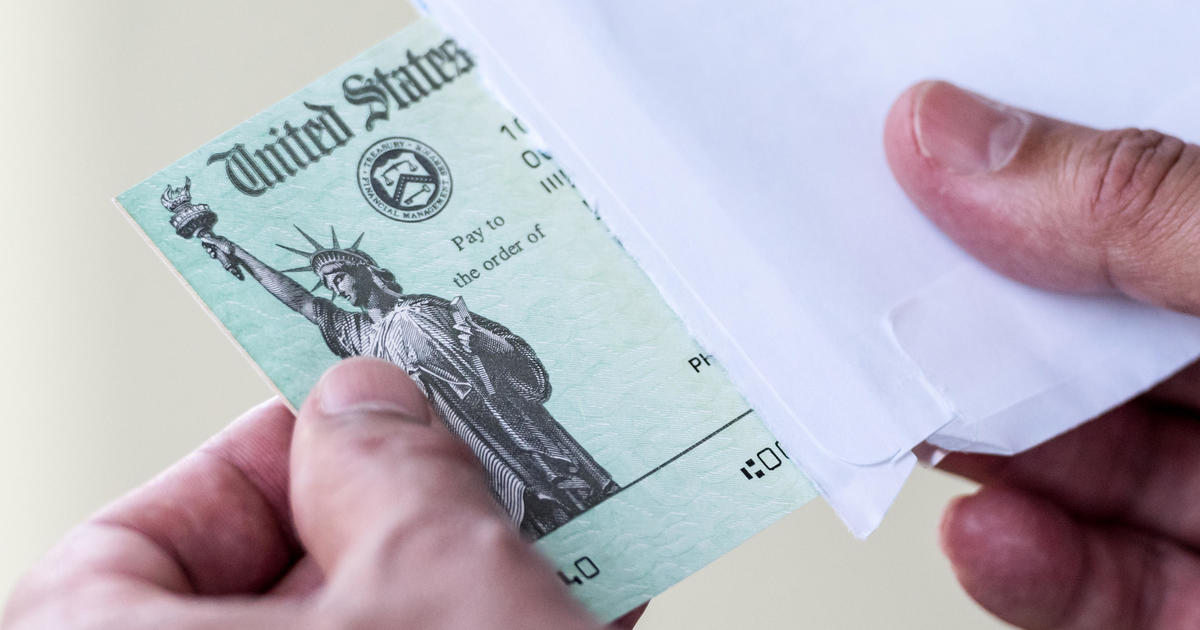
What you can do to avoid a tax refund delay
CBSN
May 17 is the last day for Americans to file taxes without requesting an extension, with 33 million taxpayers yet to submit their returns to the IRS.
There are some steps people can take to minimize the risk of getting their tax returns flagged by the IRS for manual processing — a procedure that can cause long delays in getting your tax refund, experts say. So far, about 127 million people have filed their returns, or about 1.5 million fewer people than had filed by this time last year, according to the most recent IRS data. Of those who have already filed this year, about 85 million have received refunds through May 7. Typically, millions of Americans wait until the last minute to file their taxes, but the ranks of procrastinators has grown this year amid an ongoing pandemic and a bevy of tax code changes enacted by several stimulus bills. The typical tax refund is almost $3,000, which may represent the biggest check of the year for many taxpayers, and the IRS says that 9 in 10 refunds are issued within 21 days of filing electronically, and within 6 weeks for paper returns sent in the mail.
Washington — Emil Bove, a top Justice Department official who previously served as President Trump's criminal defense attorney, declined to rule out the possibility of the president running for a third term and did not denounce the Jan. 6 attack on the Capitol in a questionnaire submitted to a Senate panel considering his nomination for a lifetime appointment as a federal judge.

Yangon — Myanmar's military leader lauded President Trump and asked him to lift sanctions, the ruling junta said Friday, after a tariff letter from the U.S. president that it has taken as Washington's first public recognition of its rule. Min Aung Hlaing endorsed Mr. Trump's false claim that the 2020 U.S. election was stolen, and thanked him for shutting down funding for U.S.-backed media outlets that have long provided independent coverage of conflict-wracked Myanmar.





















 Run 3 Space | Play Space Running Game
Run 3 Space | Play Space Running Game Traffic Jam 3D | Online Racing Game
Traffic Jam 3D | Online Racing Game Duck Hunt | Play Old Classic Game
Duck Hunt | Play Old Classic Game









